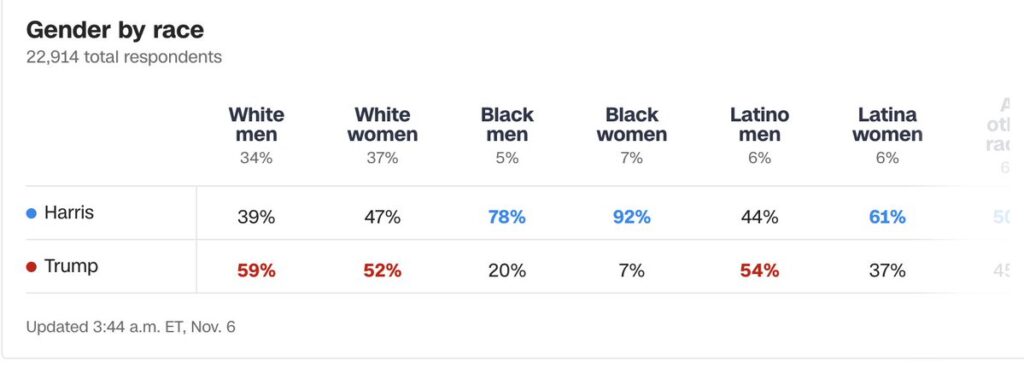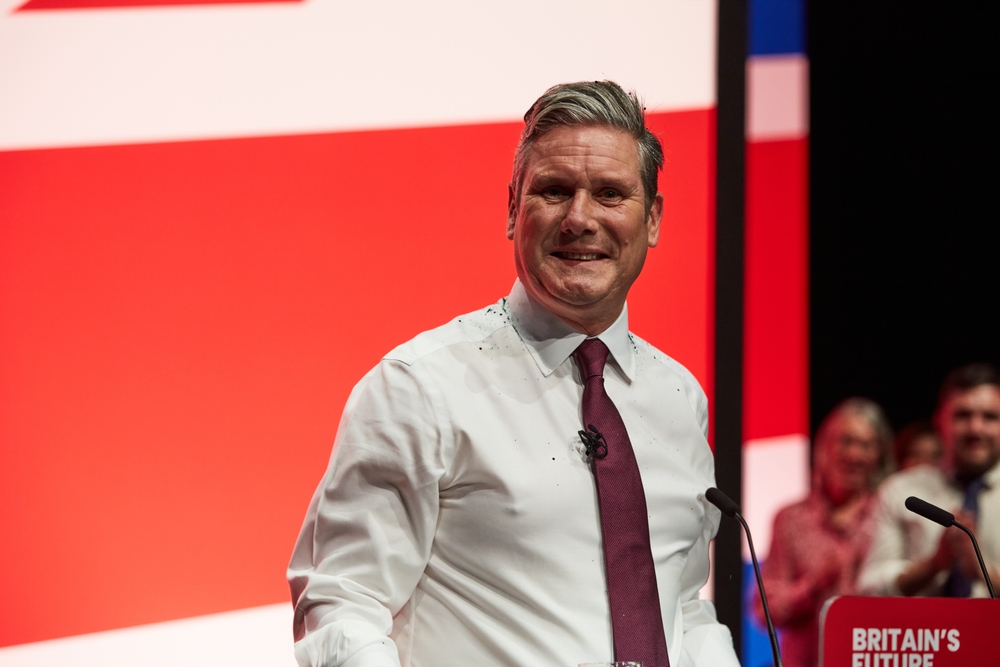Following Donald Trump’s decisive victory over Democrat candidate Kamala Harris in Tuesday’s U.S. presidential election, the U.K.’s Labour government faces an urgent diplomatic test: repairing the historic “Special Relationship” with the United States, strained in recent years due to openly hostile stances taken by Labour officials toward the new president-elect.
Despite a pivot in rhetoric from key U.K. figures, including Prime Minister Keir Starmer and Foreign Secretary David Lammy, the government’s longstanding criticisms of Trump have left scars that may complicate future U.S.-U.K. relations.
Labour’s relationship with Trump soured almost immediately after his first presidential win in 2016. David Lammy, now Britain’s foreign secretary, was vocal in his criticism of Trump, labeling him a “racist KKK and Nazi sympathizer” in 2017 and warning that he would take to the streets in protest if Trump visited the UK. Lammy’s remarks included calling Trump a “neo-Nazi sympathizing sociopath” and a woman-hater.
Clearly, many American female voters disagreed with polling from last night’s election showing Trump projected to win the popular vote — including securing 52 percent of the white women vote and 37 percent of Latina women support.

Lammy and Starmer audaciously shifted their tone on Wednesday, emphasizing the longstanding alliance between the two nations. In a remarkable reversal, Lammy tweeted about Trump, “The U.K. has no greater friend than the U.S., with the special relationship being cherished on both sides of the Atlantic for more than 80 years. We look forward to working with you and [Vice-President-elect] JD Vance in the years ahead.”
Meanwhile, during Prime Minister’s Questions in the House of Commons, Starmer stated that, “Having had dinner with president-elect Trump just a few weeks ago, I look forward to working with him in the years to come. It is absolutely crucial that we have a strong relationship,” and congratulated him on his “historic victory.”
The involvement of Labour Party activists in campaigning for Harris in key battleground states like Pennsylvania at the business end of the election stirred controversy in the U.S., prompting Trump’s campaign to file a complaint with the Federal Election Commission (FEC) over what it described as “blatant foreign interference.” Although not endorsed by the Labour parliamentary party, the support of British left-wing activists for the Democrat candidate raised eyebrows, not only in the United States but also among U.K. conservatives who called on Labour to respect diplomatic neutrality.
Donald Trump Jr., when asked by ITV News’ U.S. correspondent Dan Rivers whether Labour’s interference had harmed any potential working relationship with Britain’s left-wing party, replied: “It’s certainly not a great start. It’s clear what they’re doing and it’s absolute lunacy what they’re doing in the U.K. and they’re jailing people for misgendering people. They should be ashamed of themselves.”
Trump Jr. was alluding to the controversial clampdown on free speech in the UK which has seen people receive lengthy jail sentences for what many U.S. conservatives consider to be free speech protected by the First Amendment.
In particular, dozens of people were jailed in the aftermath of riots instigated following the mass stabbing of school girls attending a Taylor Swift-themed dance class in Southport on July 29 by the son of Rwandan asylum seekers.
British conservatives welcomed Trump’s victory
In contrast to Labour’s uneasy stance, British conservatives celebrated Trump’s win. Former Prime Minister Liz Truss tweeted, “Great news for the USA and the West. Let the fightback begin!” while the new Leader of the Opposition Kemi Badenoch also offered her warm congratulations.
Reform UK leader Nigel Farage, who attended Trump’s election night event at Mar-a-Lago, hailed the win as a “huge opportunity to be grasped” for U.S.-U.K. relations and urged Starmer to “roll out the red carpet” for Trump, describing him as a “genuine friend of the United Kingdom.”
Farage’s enthusiasm reflects a growing sense among U.K. conservatives that Trump’s administration will prioritize a strong Anglo-American alliance, particularly with shared conservative ideals on trade, defense, and foreign policy. Farage’s call for red-carpet treatment underscores conservative belief in Trump’s commitment to the U.K.’s welfare and the transatlantic relationship.
The treacherous path to reconciliation
While Starmer and Lammy’s statements signify a shift in tone, observers are questioning whether these gestures are enough to heal the rift. The fallout from Labour’s prior rhetoric could hinder efforts to re-establish trust and partnership.
Trump’s advisors have hinted that while the US remains committed to its relationship with the UK, it will closely watch Labour’s actions and policies to gauge sincerity.
A reconciliatory path may demand more than verbal overtures. Policy alignments on issues such as defense spending, trade agreements, and shared intelligence could become critical to restoring rapport. Moreover, many within Labour’s base remain strongly opposed to Trump, creating a balancing act for Starmer as he seeks to engage diplomatically while keeping the grassroots happy at a time when his popularity has already plummeted since taking office.
While on paper, the U.K.’s Labour leadership has shown a willingness to recalibrate its stance, whether this pivot leads to a genuinely stronger bond with Trump’s administration — or merely a wary coexistence — remains to be seen.






